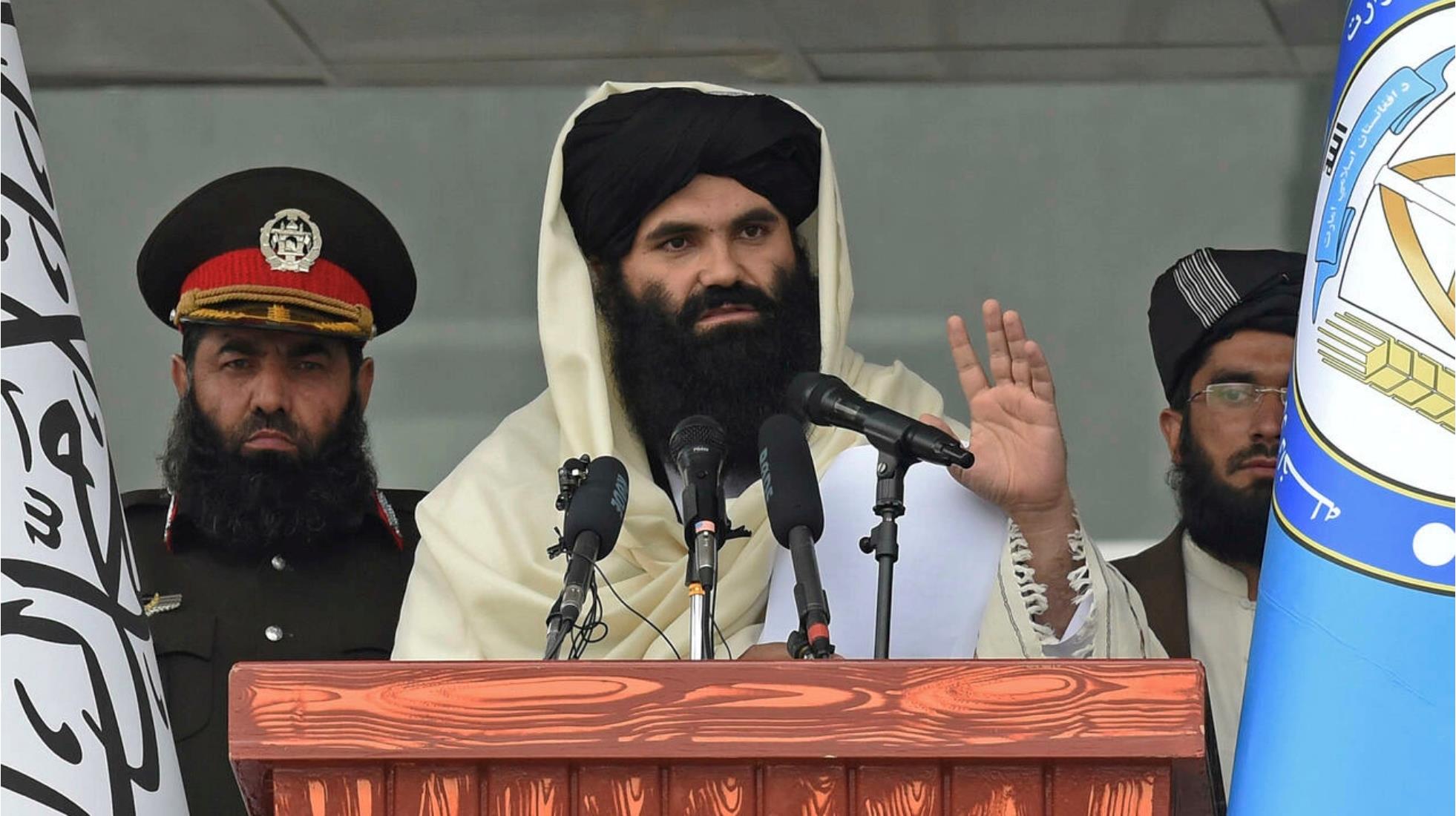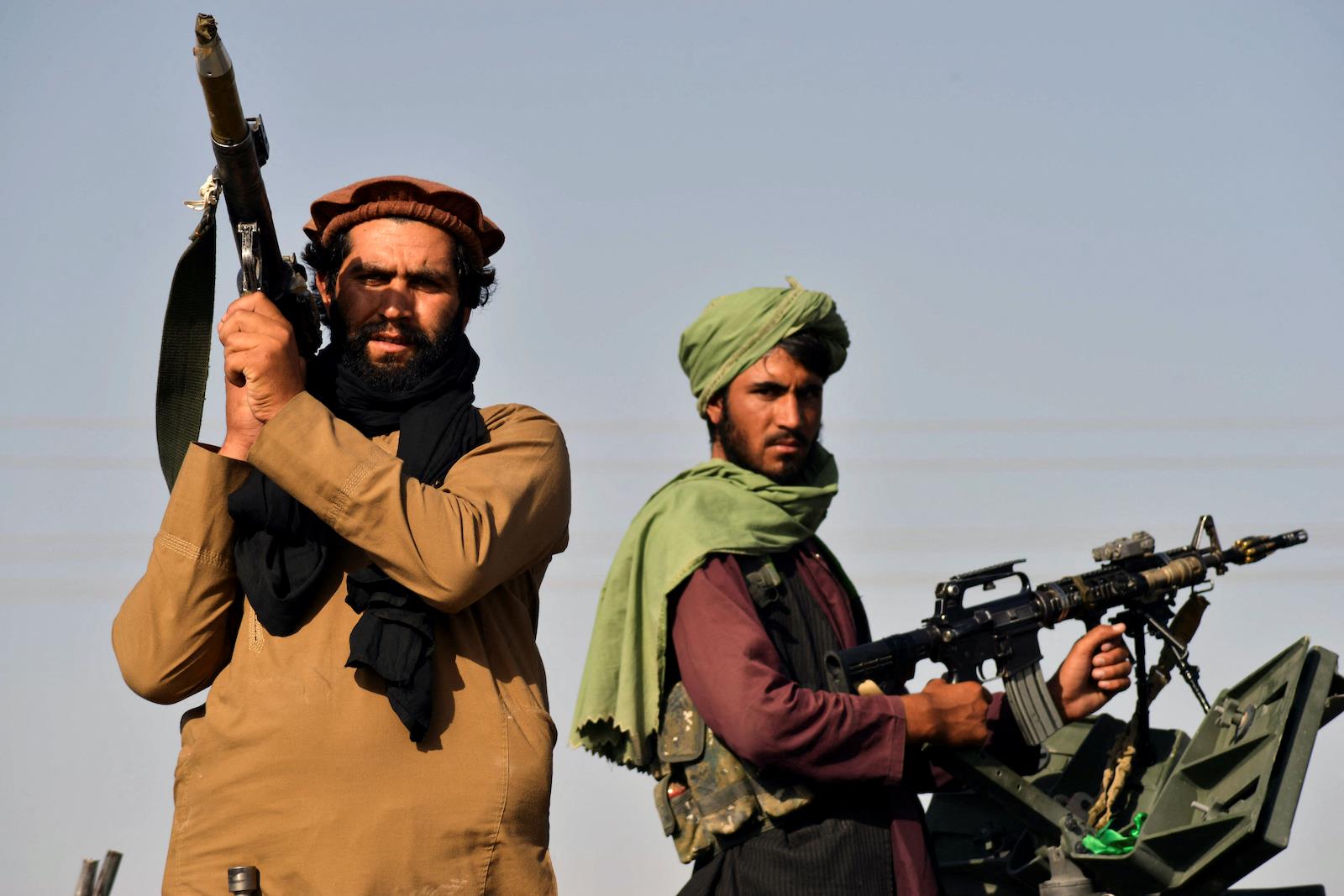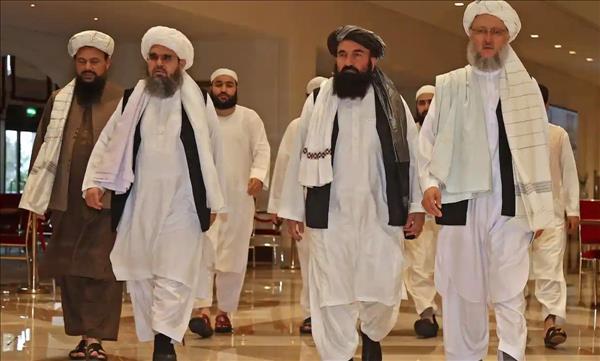(MENAFN- Asia Times) The Taliban recaptured power in 2021 and established a monopoly on violence. Although the Taliban have quashed competition and projected themselves across the country, the regime has not consolidated power, gained domestic legitimacy or shown that it can protect itself from high-profile .
Despite holding a sizeable all-male of about 3,500 clerics and tribal elders in late June 2022, the conference served little purpose other than to the Taliban's .
The recent appointment of Maulvi Habibullah Agha from the Kandahar Council of Mullahs as the country's new education minister indicates the Taliban are reaching back in history to claim legitimacy from their base of ultra-conservative allies.
Tapping into their core group of hardliners has worked due to the absence of dissenting voices. But the group's imposed authority does not translate into domestic political legitimacy. The architecture of the Taliban's leadership structure is increasingly exclusionary, which comes at the cost of domestic political legitimacy.
At their core, the Taliban is Pashtun-dominated, the largest ethnic group in Afghanistan, despite their large membership of fighters from other ethnicities.
Indications that unity and the distribution of power are points of friction became apparent within months of the regime seizing power. The of popular Uzbek Taliban commander, , in Balkh province in January 2022, reportedly on the orders of the Taliban's Pashtun former deputy defense minister Mullah Mohammad Fazl, suggests the Taliban favor one ethnic group.
Hundreds of Uzbek protesters surrounded the Taliban's security headquarters in Maymana to demand his release. Violence erupted and four people were killed. The Taliban sent reinforcements, including a unit of .
The confrontation ended after negotiations, but the reasons for Alam's remain unclear. The Taliban are accused of ethnic Uzbeks and Turkmen in northern Afghanistan from their homes and giving the properties to Pashtun nomads.
As Taliban leader Amir Hibatullah Akhundzada installs loyalists, are likely to widen between the Haqqani network, a semi-autonomous offshoot of the Taliban, and southern Taliban groups such as the Kandahar cleric court.
That could result in fragmentation if the Taliban's Interior Minister and head of the Haqqani network, Sirajuddin Haqqani, uses his influence to subvert Akhundzada's Kandahar base.

Afghan Interior Minister Sirajuddin Haqqani during his first public appearance since coming to power under Taliban rule, March 6, 2022. Photo: Twitter
Haqqani would intend to disempower the Kandahar cleric court and force Akhundzada to rebalance his power base in favor of the Haqqanis, which would benefit 's strategic interests in Afghanistan.
Haqqani may also use the opportunity to remind Akhundzada that he is no Mullah Omar and lacks the degree of fealty needed to achieve legitimacy. It would be easier for the Amir to gain the backing of the Haqqani network than to sideline it, but one cannot discount the role of hubris in the calculations of Akhundzada or the Kandahar cleric court.
The Taliban was successful because its network of groups led by various commanders was decentralized and exercised significant autonomy. This decentralization gave Taliban commanders operational independence to pursue a common strategic goal of toppling the former Afghan government. But as the Taliban shift to running the Afghan state, they appear to be building a hierarchical and vertically centralized structure — causing friction within their ranks.
One reason for the centralization of power is to concentrate authority and control of the country's revenue base in the hands of the Pakistani-backed Taliban leadership, who are Pashtuns and come from the same madrasa (religious seminaries) network. But building an increasingly centralized movement is likely to result in more division, leading to defections and violence.
Two former Afghan presidents, Hamid Karzai and Ashraf Ghani, attempted to address the substantial challenges confronting the country by centralizing power, but their attempts fuelled corruption, exclusion and poverty. Given the Taliban face far more acute challenges, including an in free fall and , imposing another centralized model will likely backfire.
The Taliban has given to an array of terrorist groups. The of al-Qaeda leader Ayman al-Zawahiri in a US drone strike in Kabul on August 31, 2022, that al-Qaeda continues to function under the Taliban's protection. It is unsurprising that the Taliban immediately any knowledge of al-Zawahiri's presence in Kabul since it contradicts their repeated commitment that Afghanistan would not become a safe haven for terrorists.
The question is what the Taliban will do with al-Qaeda and the other terrorist groups that previously supported it. The prospect of these groups remaining in Afghanistan complicates the Taliban's desire for external recognition. But the regime is not invested in gaining international recognition because its core support base is at home.
In other words, the Taliban regard international recognition as a nice-to-have but not a must-have to gain legitimacy. That distinction gives the Taliban far greater political maneuverability in their negotiations with other states.

Taliban fighters stand on an armored vehicle before parading along a road to celebrate after the US pulled all its troops out of Afghanistan, in Kandahar on September 1, 2021, after the Taliban's military takeover of the country. Photo: AFP / Javed Tanveer
The Taliban's idea of legitimacy, which rests on affording protection to terrorist groups, complicates the regime's goal of political legitimacy. Several of these groups represent ethnic minorities in northern Afghanistan and Central Asia, so forcibly removing them from Afghanistan is unrealistic.
Questions remain as to whether these groups may attempt to carve out their own areas of control in the northern provinces, seek greater autonomy or even attack the Taliban.
For now, the situation looks eerily calm. But accommodating these terrorist groups in the Taliban-run Afghan state is likely to present security challenges for the Taliban because these groups are not known to disarm or forego their political ambitions.
The Taliban's victory is far from settled and decades of violence in Afghanistan show that expecting a dominant political force to remain in power permanently is a flawed reading of the country's history and political dynamics.
Nishank Motwani is an Edward S Mason Fellow, Ramsay Postgraduate Scholar and Mid-Career MPA candidate at the Harvard Kennedy School.
This was first published by East Asia Forum, which is based out of the within the at the . It is republished under a Creative Commons license.






















Comments
No comment